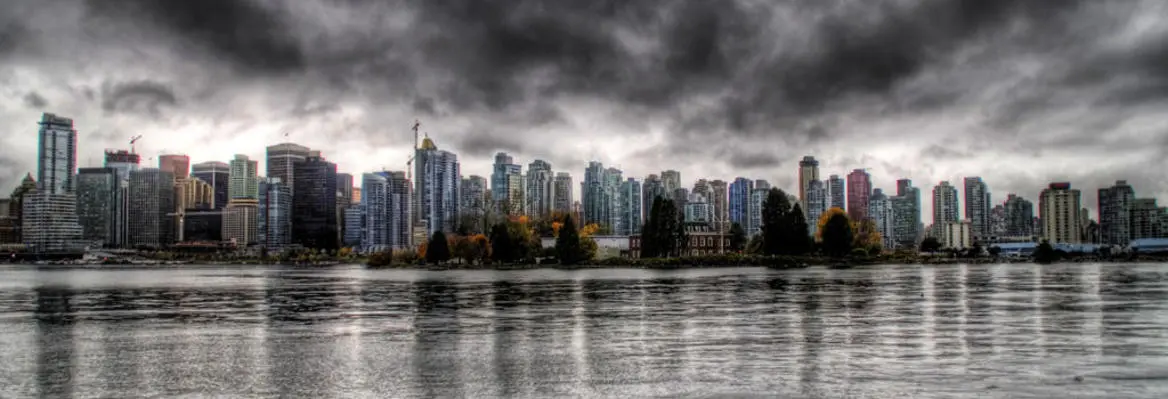54% of humanity now lives in cities. By 2030, there will be 41 mega-cities across the world with populations that exceed 10 million. These cities will dictate the global economy, say the UN, who on 31st October held their inaugural “World Cities Day”, an initiative dreamed up to “greatly promote the international community’s interest in global urbanization”. Under the overall heading of “better cities, better life” the organisers’ belief is that “urbanization should be seen as an opportunity to harness cities as engines of growth, and to lead a positive transformation towards sustainable development”. The event was cheered on by the Guardian and their brand new Cities section.
In stark contrast, a two-day event took place in London over the weekend that explored similar issues but from a radically different perspective. This Is Not a Gateway was founded by Deepa Naik and Trenton Oldfield in 2007 and since then has hosted five festivals of critical urbanism, with a book published to disseminate the ideas explored at each one. Highly critical of what they call the “urban industry” – a network of academics, media, policy-makers, corporations and developers, Naik and Oldfield have garnered praise and criticism in equal measure for their radical critique of the contemporary city.
We spoke to Trenton Oldfield about cities as acts of enclosure, shuffling the deckchairs on the Titanic, and the process of “whitetrification”.
What are the critical issues at the heart of our cities today?
The core issues are that cities, particularly Western cities, were created out of the enclosure of the commons. In London, this happened over 500 years, but particularly during the seventeenth and eighteenth centuries, when people were pulled off the land, literally forced. It was during this period that the first mobile workforce ever had been created – it was a mass of people with absolutely no accommodation, and they made their way to the cities and were exploited during the industrial revolution, even though that was celebrated at the opening of the Olympic Games. Places like London and other cities like this are by definition creators and incubators of inequality and poverty, and that’s still true today.
If we look at what’s happening around the world, we now live on 2% of the available land. We used to live across most of the earth’s surface (apart from inhospitable areas such as tall mountains and certain parts of the desert). Over the last hundred years in particular the process of urbanisation has been phenomenal. We called it the “urban industry”. There’s a whole industry that not only encourages but pushes people to come into the cities. In most parts of the world, people are actually being forced off the land. In Canada, for example, the indigenous people have been forced off the land. In America, the indigenous people are being corralled into a very small amount of space. If you look at Gaza, or in Colombia, people are being murdered and forced off their land and into cities like Bogotá.















Join the conversation